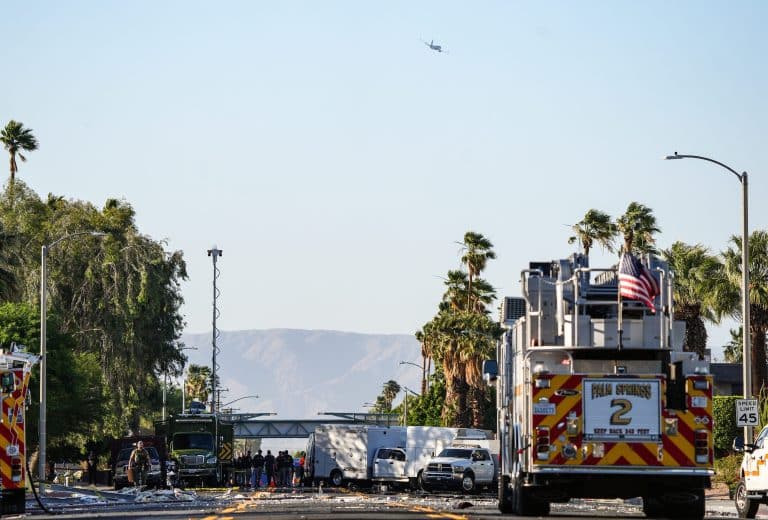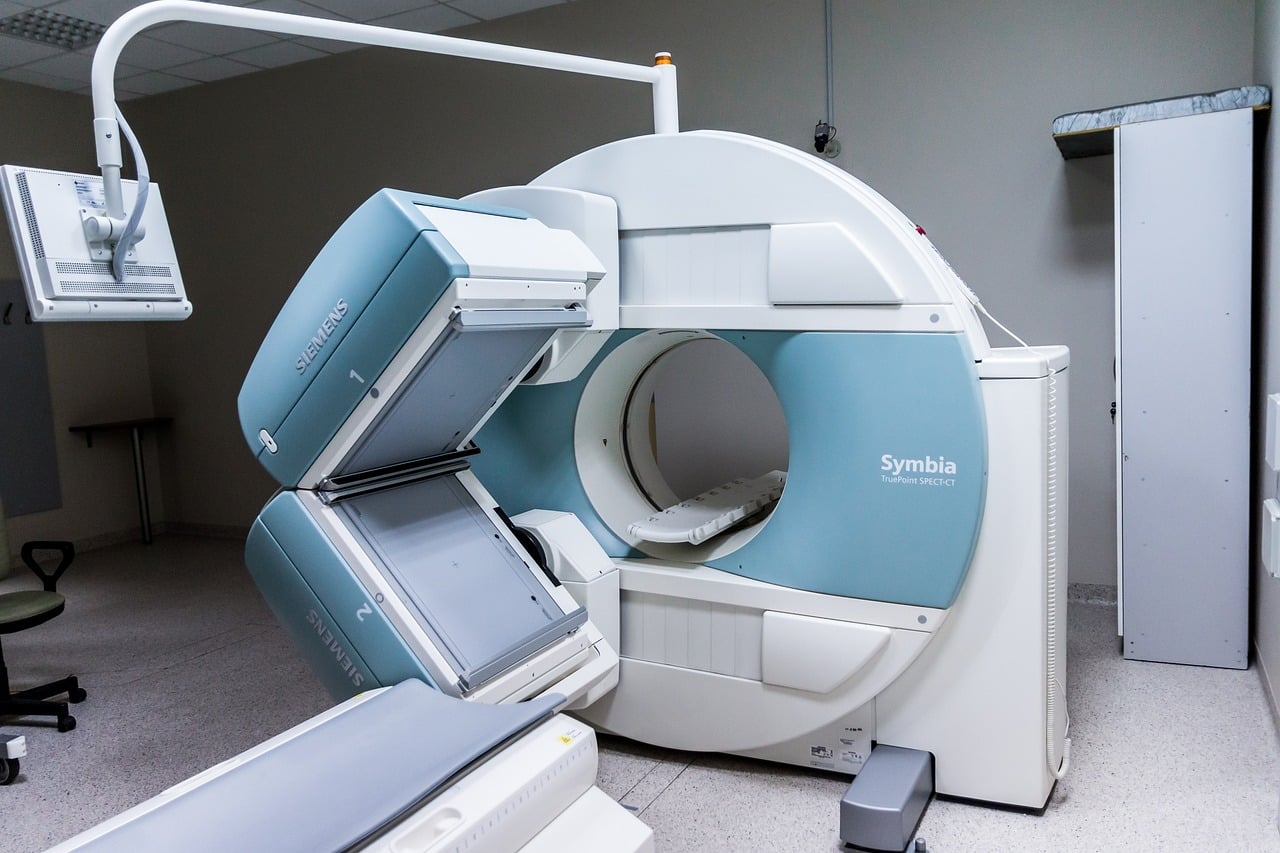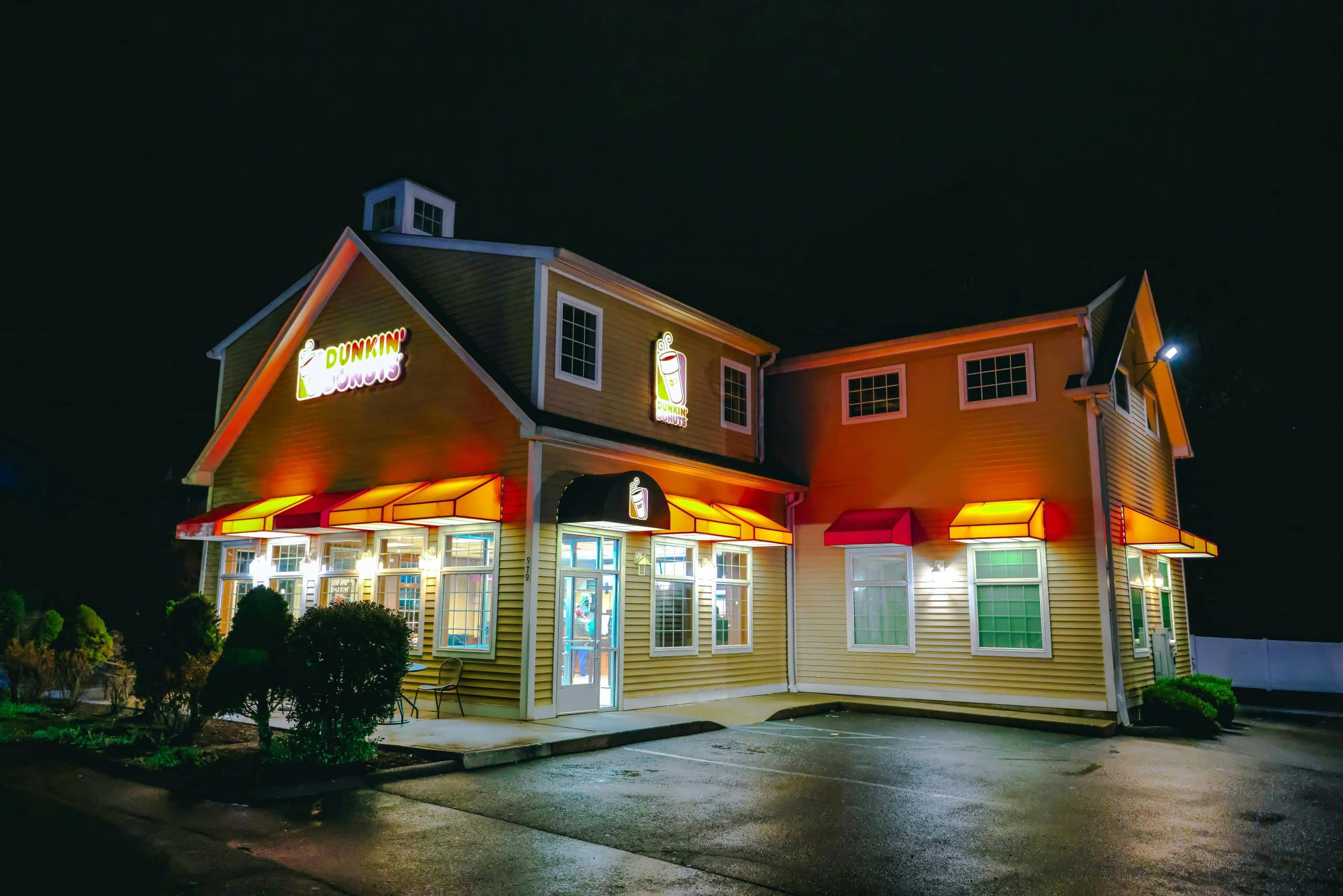On May 17, 2025, a powerful car bomb exploded outside a fertility clinic in Palm Springs, California, killing the suspected attacker and injuring at least four others. The blast, which occurred just before 11 a.m. at the American Reproductive Centers facility, was felt over a mile away and sent shockwaves far beyond the desert community. Authorities quickly confirmed the explosion was a deliberate act, marking it as an instance of domestic terrorism. As the Palm Springs area begins to recover, deeper questions are being asked, not just about how it happened, but why a fertility clinic was chosen as the target.
A Lone Attacker
Investigators identified the deceased suspect as Guy Edward Bartkus, a 25-year-old man from Twentynine Palms. While he had no prior criminal record, Bartkus left behind deeply troubling evidence: a manifesto and a 30-minute audio recording. Both revealed a disturbing ideology rooted in anti-natalism and a rejection of modern reproductive technologies like IVF. His writings show a belief that procreation itself was immoral, and he viewed fertility clinics as symbols of a system he found destructive. His actions were not random. They were a calculated expression of his worldview, directed squarely at Palm Springs’ growing medical community.
Bartkus reportedly intended to live-stream the bombing, though technical failure prevented the video from being shared online. However, his desire to document and publicize the attack has left a digital footprint that investigators are now analyzing. Searches of his home uncovered additional explosives and firearms, prompting authorities to evacuate nearby residents in Twentynine Palms. While the FBI has stated he acted alone, they are continuing to investigate his online activity for possible extremist influences or ideological networks that may have supported or inspired him.
Palm Springs, known for its tranquil desert landscapes and progressive values, is now grappling with the reality that it was targeted by a violent act rooted in radical beliefs. For locals, it is a stark reminder that ideological extremism is not confined to any one region or population. This attack has disrupted the sense of safety in a city that prides itself on inclusivity and innovation, particularly in healthcare. It has also heightened fears that other clinics, especially those offering reproductive services, could become future targets for similarly motivated individuals.
What makes the Palm Springs bombing particularly disturbing is its symbolic target. Fertility clinics represent hope for countless individuals and couples trying to start a family. By attacking such a place, Bartkus chose not just a physical location but an idea, one that champions life, science, and personal choice. The impact of the decision resonates beyond the blast site. It is a jarring confrontation with a fringe philosophy that most people never imagined would lead to real-world violence in a peaceful California town.
Recovery, Security, and Caution
The blast caused major structural damage to the clinic and rattled nearby businesses and homes. Yet, despite the force of the explosion, no embryos or patients were harmed. In fact, no appointments were scheduled at the time, a stroke of luck that undoubtedly spared further devastation. The clinic’s leadership has already announced plans to reopen and resume operations within days, a decision that reflects both resolve and a refusal to let fear win. Still, for many in Palm Springs, the emotional aftershock is likely to linger far longer than the debris cleanup.
Local and state officials moved swiftly in their public response. California Governor Gavin Newsom and Palm Springs city leaders condemned the attack and offered support to those affected. Federal agencies, led by the FBI, have taken control of the investigation, focusing on Bartkus’s motivations and digital footprint. One of the more urgent concerns is whether this act signals a larger trend. Reproductive healthcare providers have long faced protests and harassment, but a bombing marks a dangerous escalation that law enforcement is treating as a national security issue.
The Palm Springs community, shaken but strong, has begun rallying in solidarity with the clinic and its staff. Vigils have been held, and local organizations have offered counseling to those traumatized by the blast. These responses, though encouraging, are also laced with unease. For healthcare workers, particularly in reproductive fields, the bombing has intensified fears over personal safety. Many now face the difficult task of doing essential, compassionate work under the shadow of very real threats. The sense of vulnerability is both personal and professional.
For Palm Springs, the path forward includes both rebuilding and rethinking. Security protocols around medical facilities are already under review, and the incident may lead to tighter regulations and increased surveillance at similar clinics nationwide. But beyond logistics, there is a broader societal reckoning underway. What does it mean when personal ideology turns into violence, and how do communities respond to threats against their values? These are the uncomfortable but necessary questions now being asked in Palm Springs, and far beyond its city limits.
Conclusion
Palm Springs has been forced to confront a chilling reality: even places dedicated to life and healing can become targets of hate. The fertility clinic bombing was a symbolic strike at progress and compassion. As investigators continue piecing together what led to the attack, the community is left to navigate a future shaped by grief, resilience, and a renewed sense of vigilance. For a city known for its warmth and innovation, this moment is a reminder that safety and openness must go hand in hand, and that even in darkness, a community can find light in unity.








